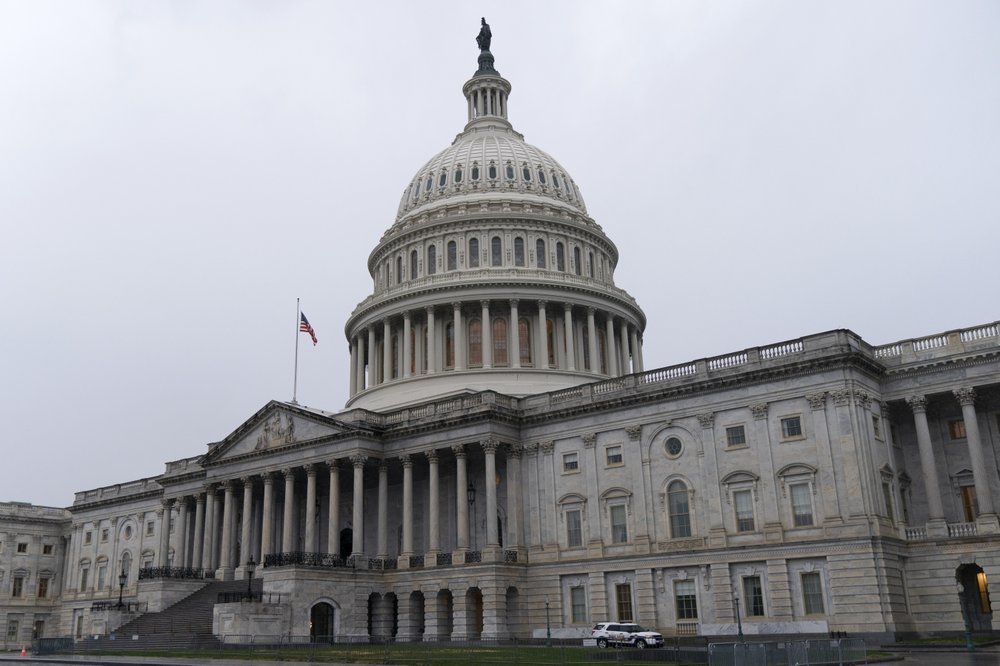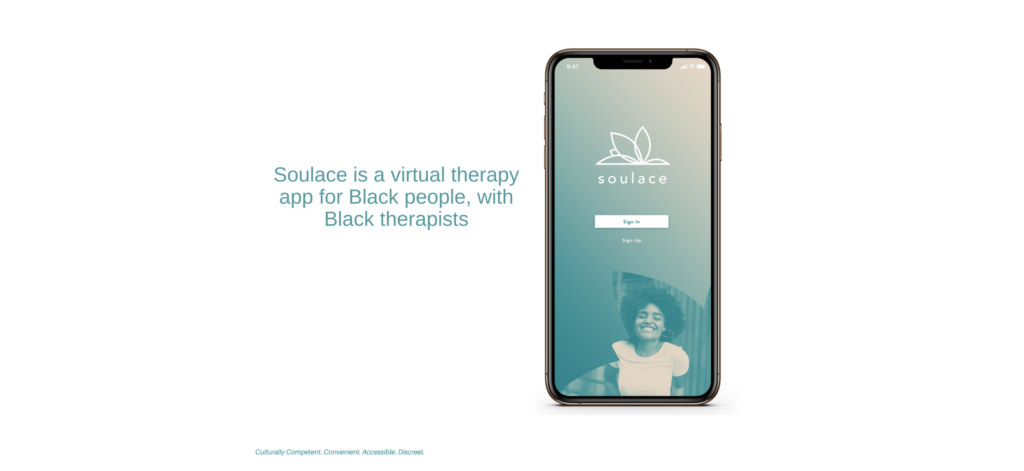New tech policies could expand the Black mental health revolution
Exclusive: Democratic and Republican lawmakers from both the state and federal levels mulled over the intersection of health and technology as a byproduct of the COVID-19 pandemic
Democratic and Republican lawmakers from both the state and federal levels mulled over the intersection of health and technology that is a byproduct of the COVID-19 pandemic at the Advancing Mental Health Policy: BetterTogether Forum hosted by Otsuka America Pharmaceutical.

The Center for Disease Control found adults in the United States “reported elevated adverse mental health conditions” at the height of the pandemic in June 2020. The agency said racial and ethnic minorities “reported having experienced disproportionately worse mental health outcomes, increased substance use, and elevated suicidal ideation.”
Although the Black community has historically struggled to shake the stigma surrounding mental health, in recent years a technology evolution has begun to break this chain. Now, the main hurdles Black Americans face when seeking mental health resources rest upon access and options.
Dr. Nina Vasan was a panelist at the event and is a psychiatrist and pioneer in digital mental health innovation with lived experience of anxiety and depression. She maintains that telehealth innovations are the key to catering to the Black community’s mental health needs.
“The number of Black [mental health] providers is far less than what we need,” Vasan said.

To tackle this mismatch of supply and demand in the industry, Vasan thinks policymakers have a duty to cultivate more innovation in the emerging telehealth industry. Currently, there is a growing fear among health care providers that once the pandemic officially ends the focus on mental health innovation will fade and people will be relegated to an outdated system.
“We need more funding and policies like Medicare and Medicaid reimbursement to create the financial environment and incentives for innovation to foster,” Vasan added.
Black app developers agree with Dr. Vasan’s calls for increased investment in the expansion of digital tools for mental health.
Fredrick Burns, founder & CEO of RunIt Mobile Apps has two clients, EmerHelp and Soulace, who service the Black community through mental health apps. “It takes funding. It takes development. But it also takes research,” Burns explained.

He believes with the additional research funding from the federal government, developers like him will be under pressure to produce a profitable app in a specific time frame. Moving the referred haste could take away from critical time needed to create effective, top quality products.
Another challenge Black Americans face when seeking access to telehealth services touches upon aspects of President Biden’s infrastructure plan — insufficient broadband.
The Pew Research Center contends nearly 21% of rural America is nonwhite.
According to Nora Belcher, Executive Director of Texas e-health alliance “the internet is now a social determinant of health.”
Groups like the Texas e-health alliance and Healthcare Leadership Council have been actively lobbying Congress to address the digital divide’s impact on telehealth access.
So far several Republican lawmakers in the House and Senate, including Senator Tim Scott, have proposed related bills, but remain stagnant on their willingness to support the president’s infrastructure plan.
Have you subscribed to theGrio’s “Dear Culture” podcast? Download our newest episodes now!
TheGrio is now on Apple TV, Amazon Fire and Roku. Download theGrio.com today!
